1. At this time, we would like to ask you to provide the background for BASIS and expand what does it mean by World Class curriculum?
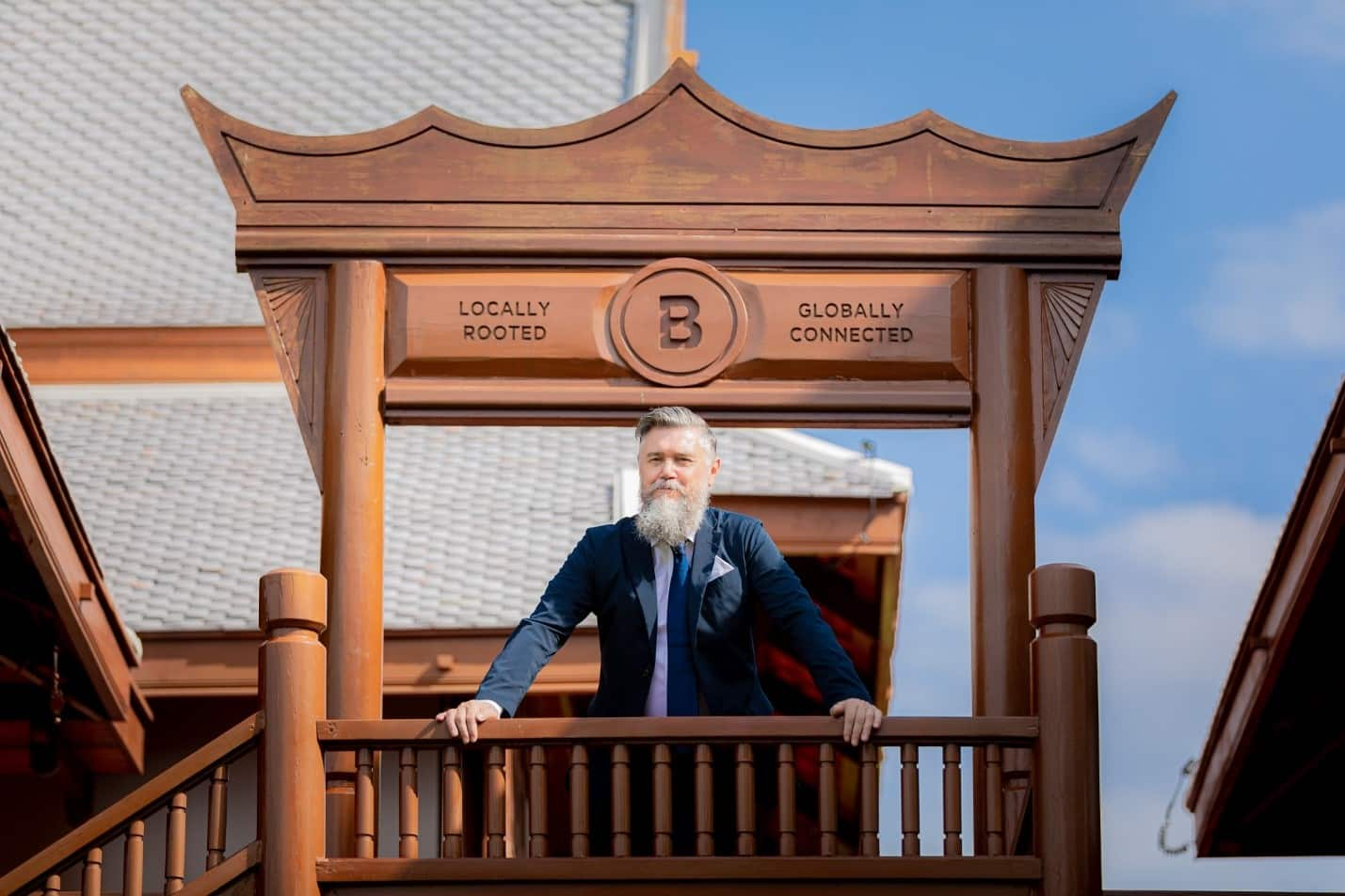
BASIS commenced approximately thirty years ago when two college professors in the United States felt that the existing school systems simply were not academically rigorous enough for their own family. These professors incorporated their experiences of international curricula, laying especial emphasis on sciences, engineering, math and economics. Of course, BASIS schools offer a full range of subjects, including art, music and drama – but BASIS was in the vanguard of the move toward STEM education.
Today there are approximately forty BASIS school worldwide – all undertaking the same academically-advanced curriculum. The high-stakes examinations our children take are called Advanced Placement. They are the broad equivalent of ‘A’ levels or I.B. Diploma – however, APs are college-level courses; whilst BASIS kids start doing them from grade 9 rather than Grade 12! Maybe courtesy of this high level of academic input BASIS kids enjoys unparalleled success in terms of university acceptance, with 80% of our children last year entering one of the top fifty college worldwide.
With regard to the term ‘World Class’, I guess we all appreciate what this would mean, say, in the Olympics? A gold medal winner is the undoubted world class athlete, whilst they invariably represent a country not just themselves… In the world of education there is a test called PISA – it is a test applied to students throughout the world. BASIS children consistently perform in the top 1%. So, if BASIS were a country, it would be the leading country in the world on the Olympic medals board.
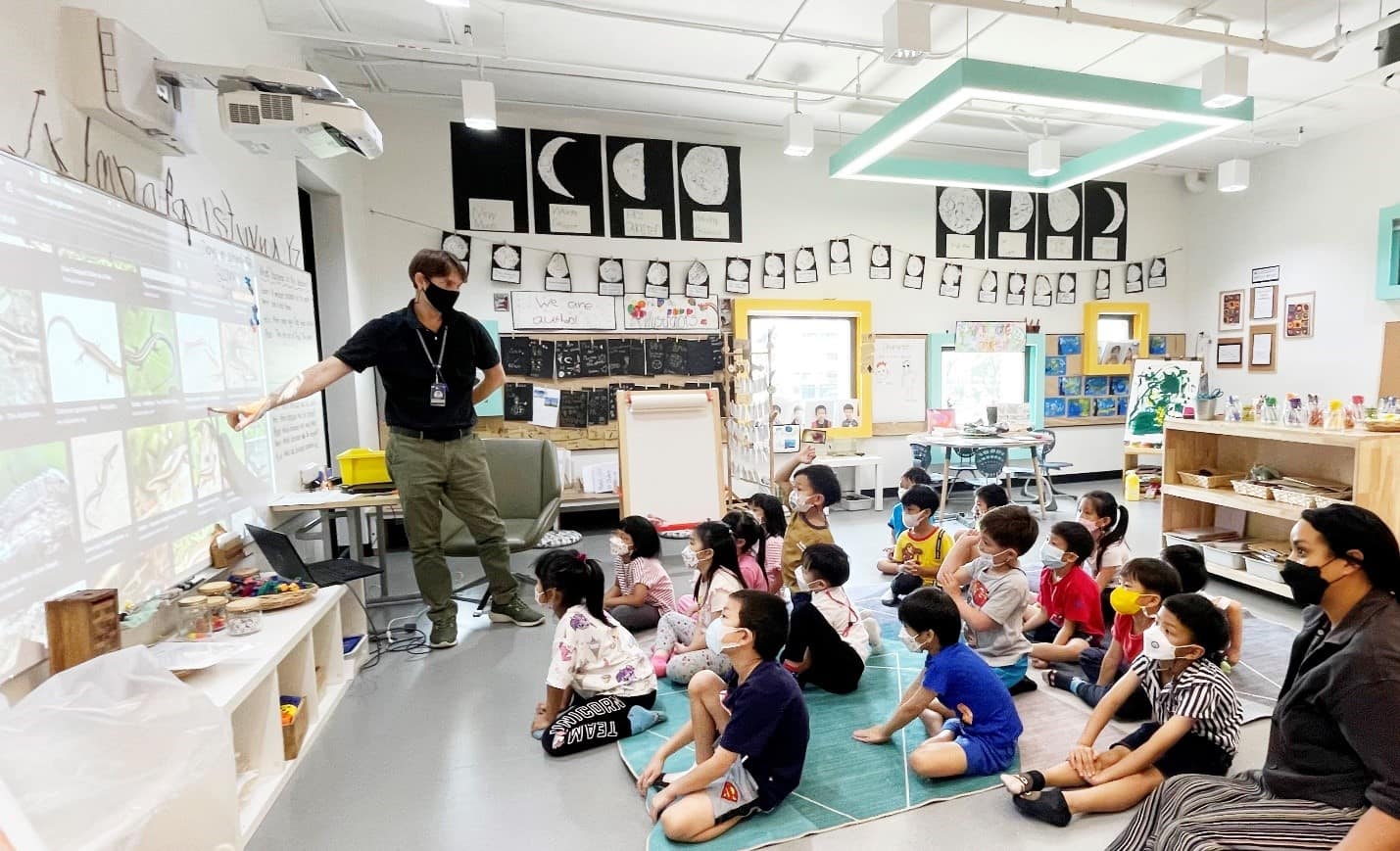
2. We have heard that you were with BASIS in other countries, before moving to BASIS Bangkok. What is your vision for this school and how is it different from other BASIS?
My vision for our Bangkok school is that it becomes integral to the community. For sure, it is an academic school – and like all other excellent schools, of which there are several in Bangkok, it is only the right school for some children and their parents. Nevertheless, I would be distraught to think our children became isolated, entitled citizens who don’t empathise with society as a whole – they should feel they have a responsibility to both acknowledge and help others. They are the future influencers – it is so important that we turn out good people!
We are part of a large network of schools, and this is incredibly helpful as it guides many of our policies, decisions and provides a way to measure our children’s progress against a huge sample of peers across the world. Further, we have the same academic model as our sister-schools, with two expatriate teachers (not an assistant and a teacher) undertaking the majority of lessons with our babes. I do think BASIS students would easily move between BASIS institutions globally since the schools have so many commonalities.
Nevertheless, all schools inevitably differ irrespective of belonging to a specific education family… The obvious difference – we are in the fabulous country of Thailand – and Thai culture brings so much richness and individuality to our school. Ergo, we are the only BASIS school that teaches Thai. I would argue that we have the most beautiful and student-centred campus of any other BASIS school – I know my peers, the heads of the other BASIS schools are incredibly jealous! We have recently made the decision to offer Chinese as part of our daily curriculum – other BASIS schools invariably offer two languages, whilst we will offer three.
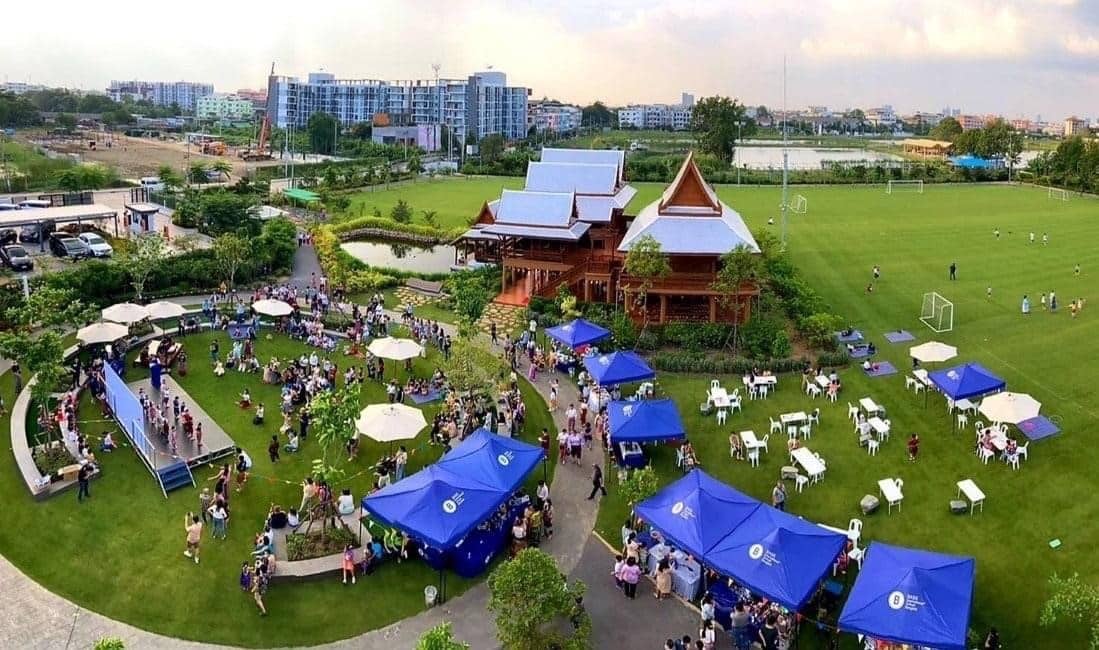
3. For coming to study at BASIS, with the way the curriculum works, at what age should a child start here for best results?
Of course, the earlier the better – and next year we will be only the second BASIS school to offer Nursery education for two year-olds. I guess every system both in education and the wider world is nuanced. I think BASIS does ask a lot of children from when they are comparatively young – it does involve more homework and testing than I have experienced in other systems. Hence, it is good for children to acclimatize to the academic demands early.
In the last months, we have assessed a number of children whose families wanted them to be admitted to our primary and middle school classes. Inevitably, we could not nor would not admit them all, as we have to consider whether each child can catch up with their potential peers. We have to be especially judicious with regard to grades 4 and above (years 5 and above in the English system) as our math level and delivery is two years above the expectations of the USA national system – whilst in grade 6, children need to be ready to take on advanced studies in chemistry, physics and biology. We are far from a typical school, hence must assess children so carefully to be sure they are capable of the academic challenges we offer.
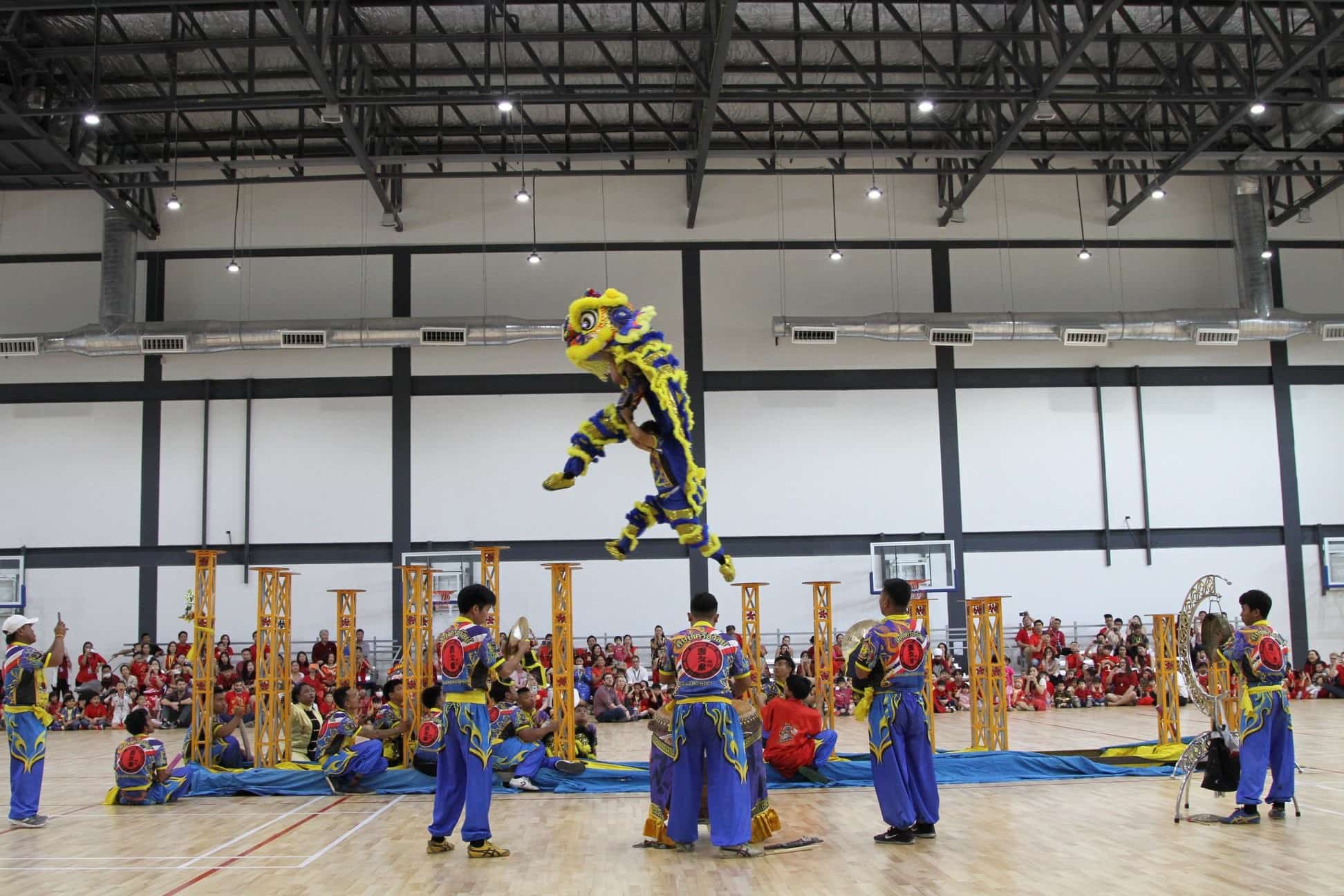
4. With regard to finding teachers, how is this done and have you had any affect from COVID situations?
I think every school has been severely challenged over the last two years. However, Thailand is clearly an incredibly attractive prospect to many teachers from the west and I have been taken aback at how many applications I have received this year – and similarly surprised at how few staff are choosing to move on after many have come to the close of their initial contract and clearly want to see relatives.
With regard to recruitment, our entire academic team first pass through the BASIS recruitment department in the United States. Their resumes are scrutinized and checked, then they are interviewed by our specialist, in-house recruiters. If they pass muster, they are passed onto the likes of myself when I basically go through the process again. I like to interview everybody twice if I feel they could be a fit for the school – and rather depend upon a genuine conversation as opposed to series of set questions. In all honesty, I do give some preference to teachers who have prior BASIS experience courtesy of the uniquenesses of the system and lesson delivery – whilst I believe all the prospective teachers starting in the impending summer have been working in BASIS schools before they applied to Bangkok.
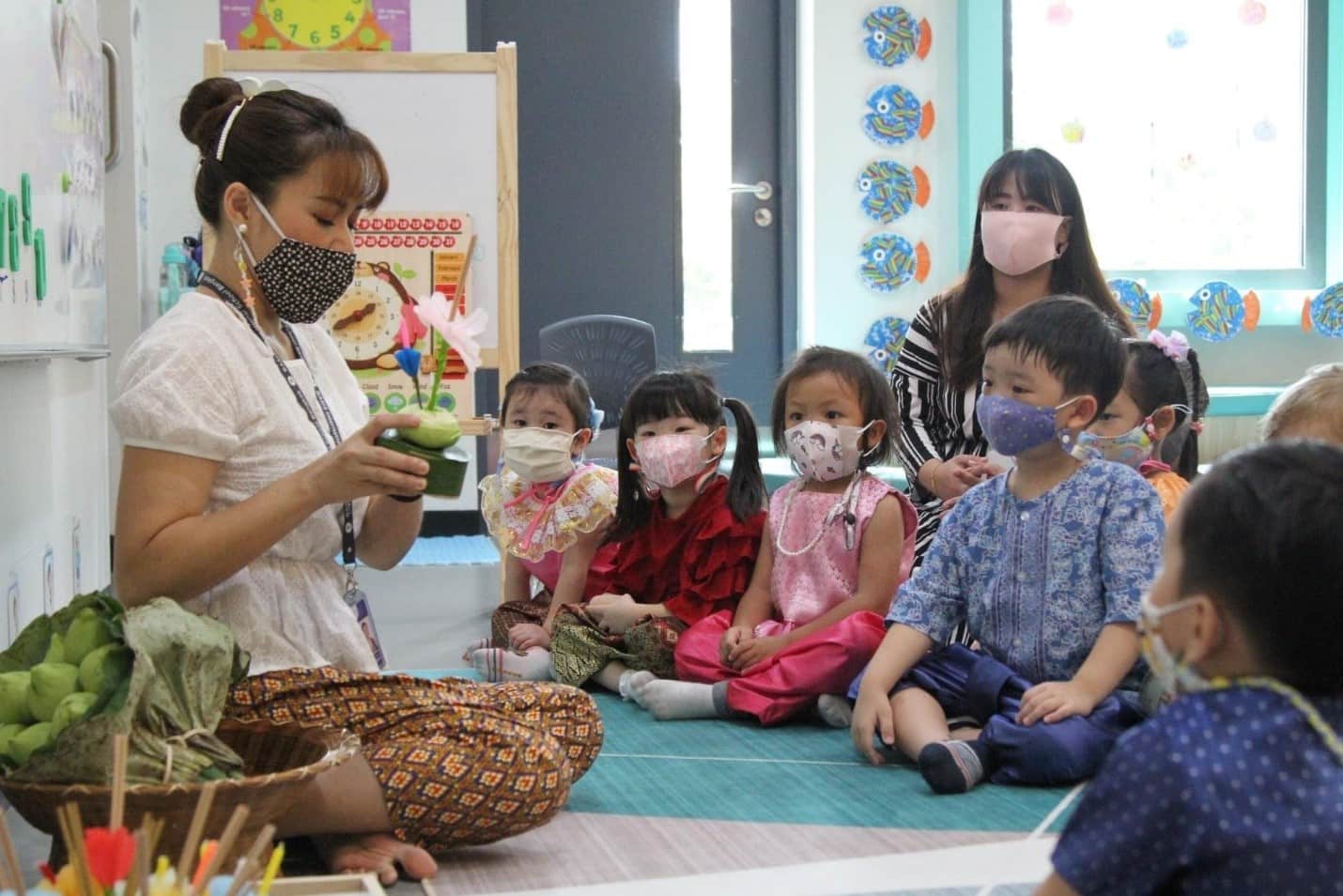
5. Anything else that you’d like to say to our parents readers?
I think every school has been severely challenged over the last two years. However, Thailand is clearly an incredibly attractive prospect to many teachers from the west and I have been taken aback at how many applications I have received this year – and similarly surprised at how few staff are choosing to move on after many have come to the close of their initial contract and clearly want to see relatives.
With regard to recruitment, our entire academic team first pass through the BASIS recruitment department in the United States. Their resumes are scrutinized and checked, then they are interviewed by our specialist, in-house recruiters. If they pass muster, they are passed onto the likes of myself when I basically go through the process again. I like to interview everybody twice if I feel they could be a fit for the school – and rather depend upon a genuine conversation as opposed to series of set questions. In all honesty, I do give some preference to teachers who have prior BASIS experience courtesy of the uniquenesses of the system and lesson delivery – whilst I believe all the prospective teachers starting in the impending summer have been working in BASIS schools before they applied to Bangkok.
